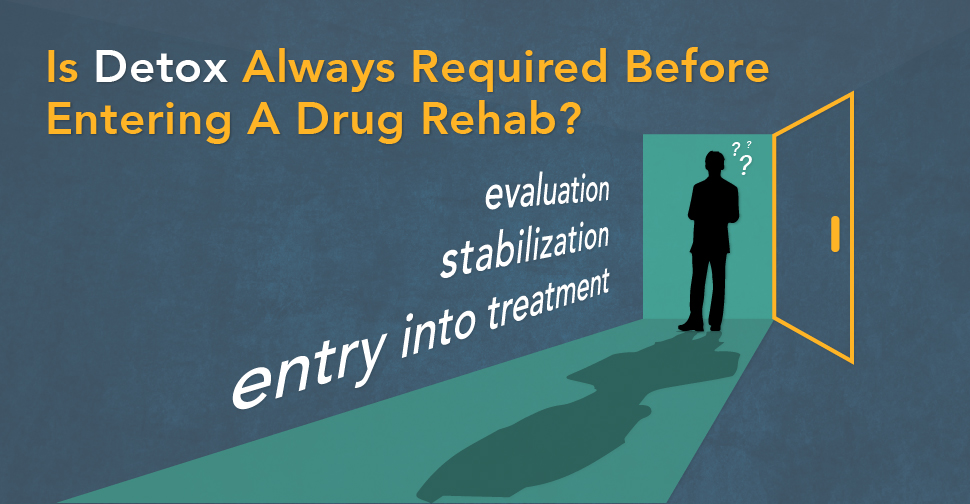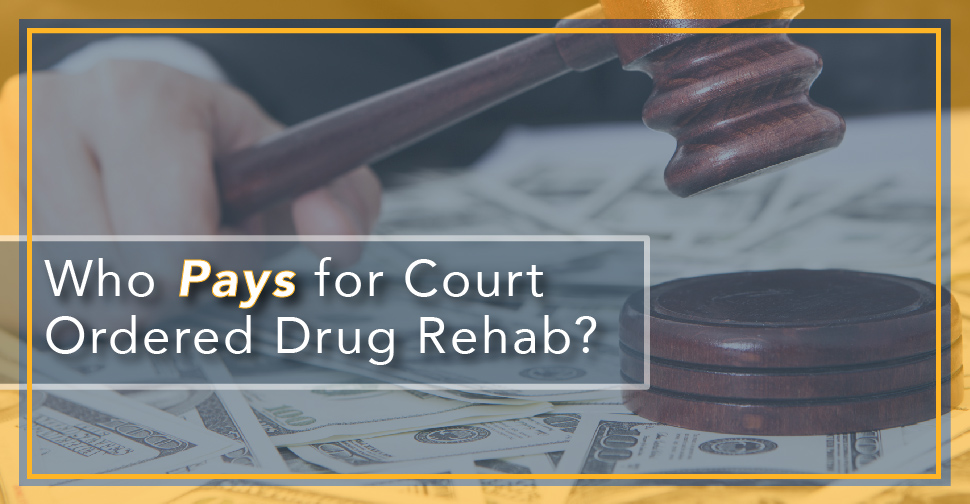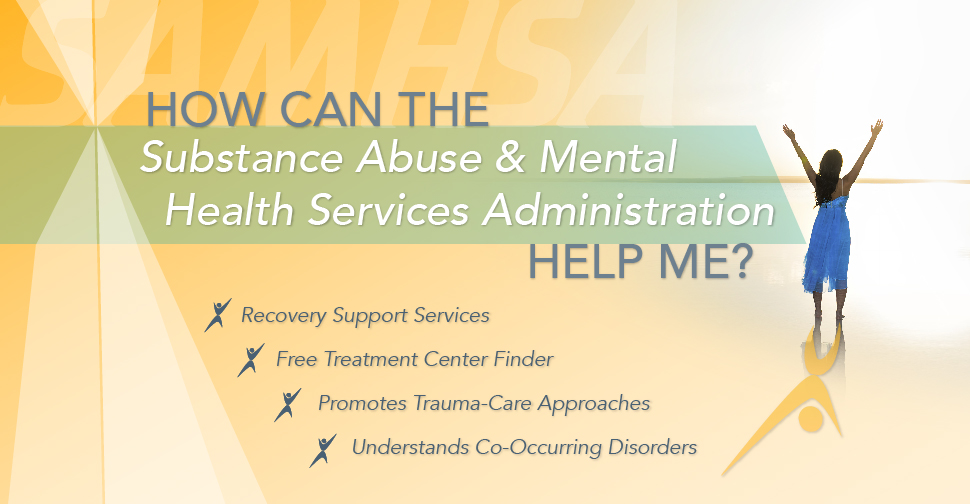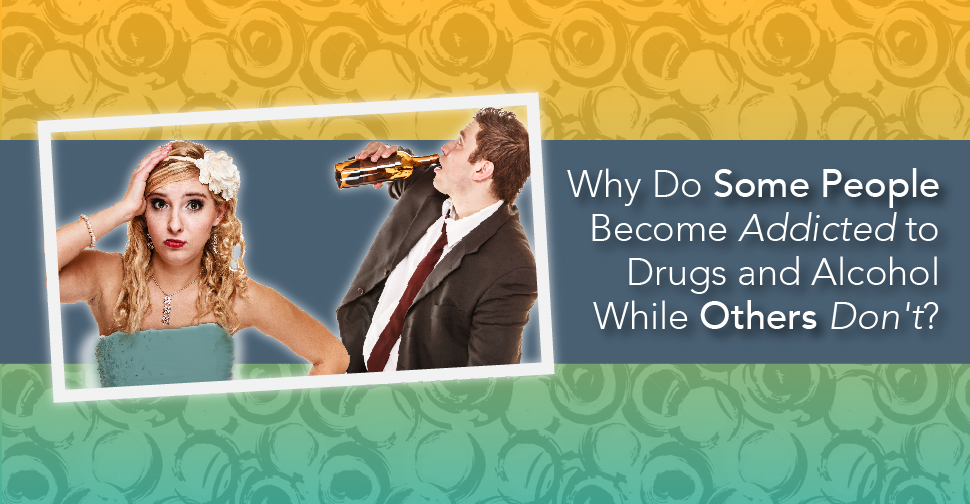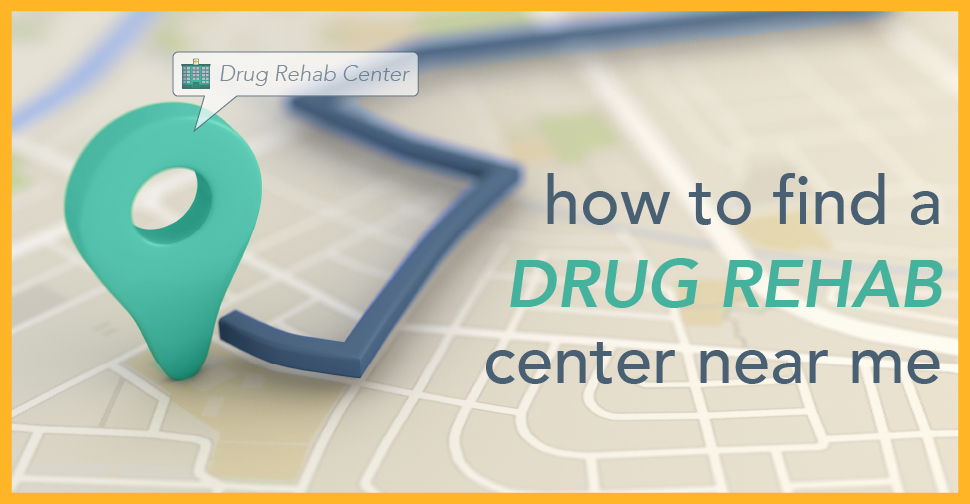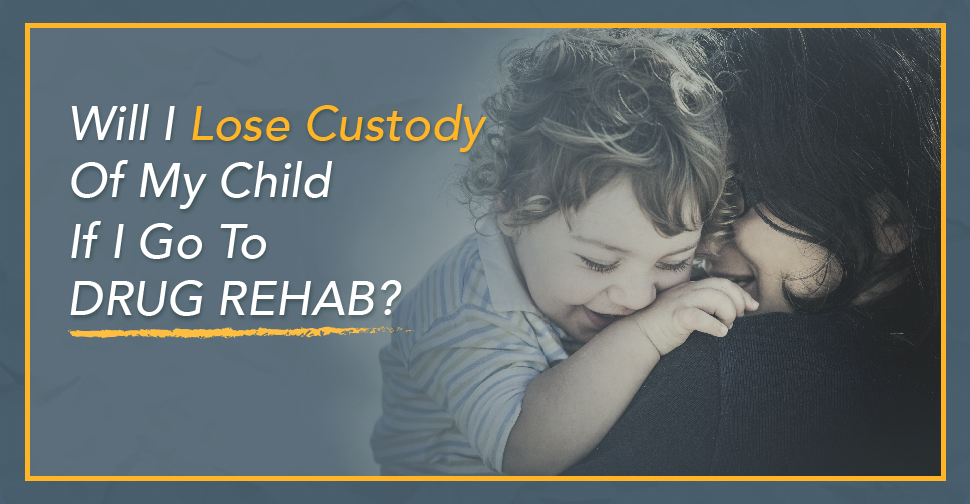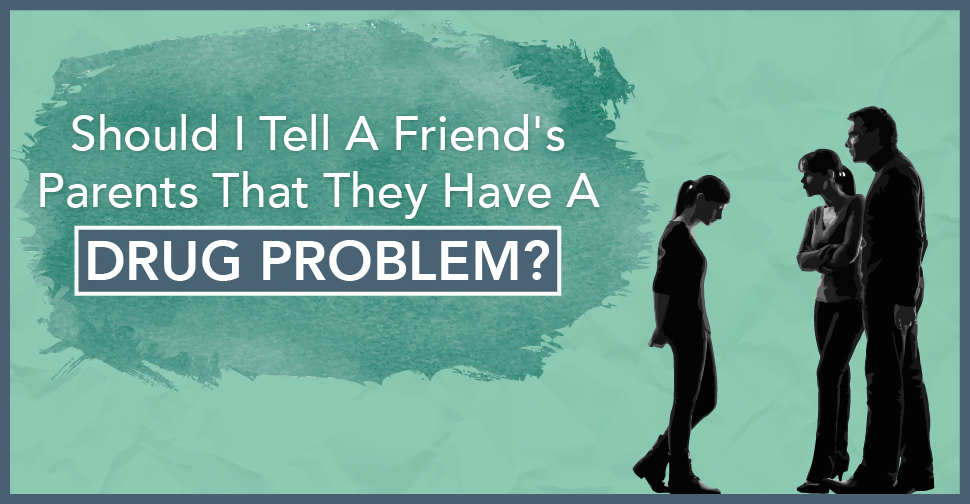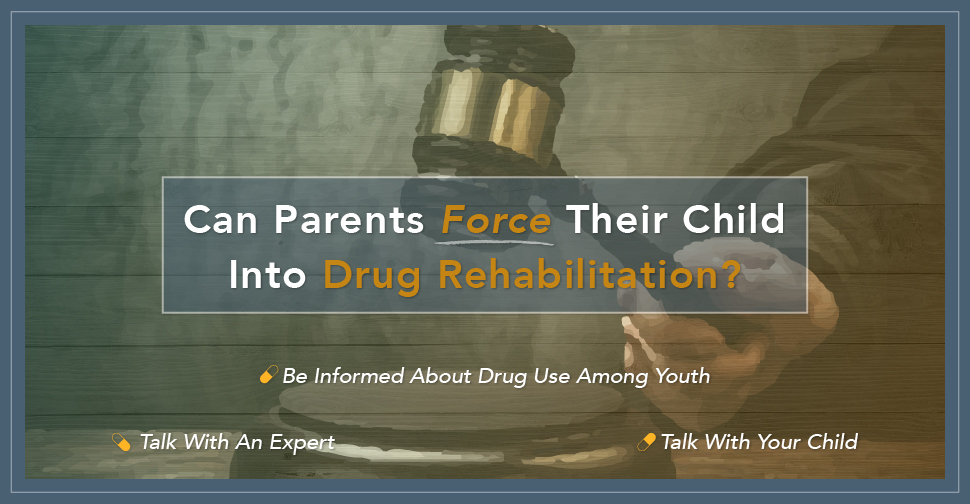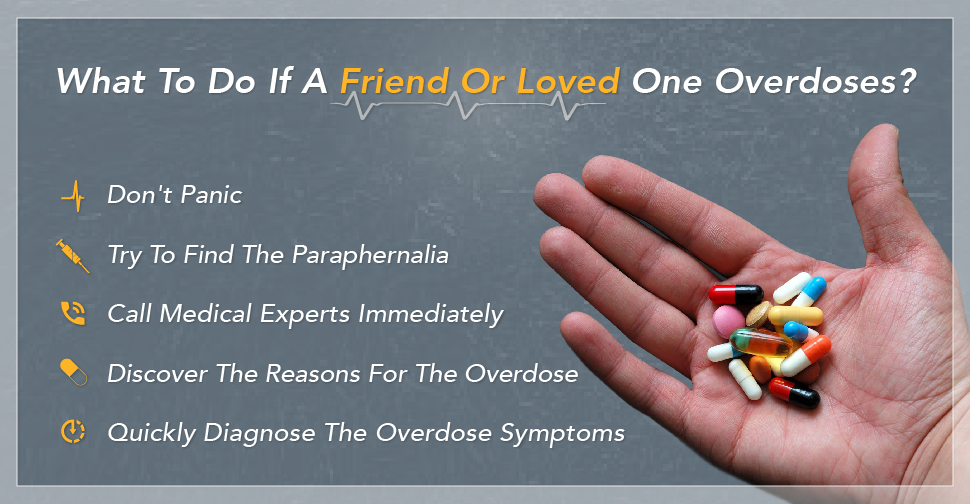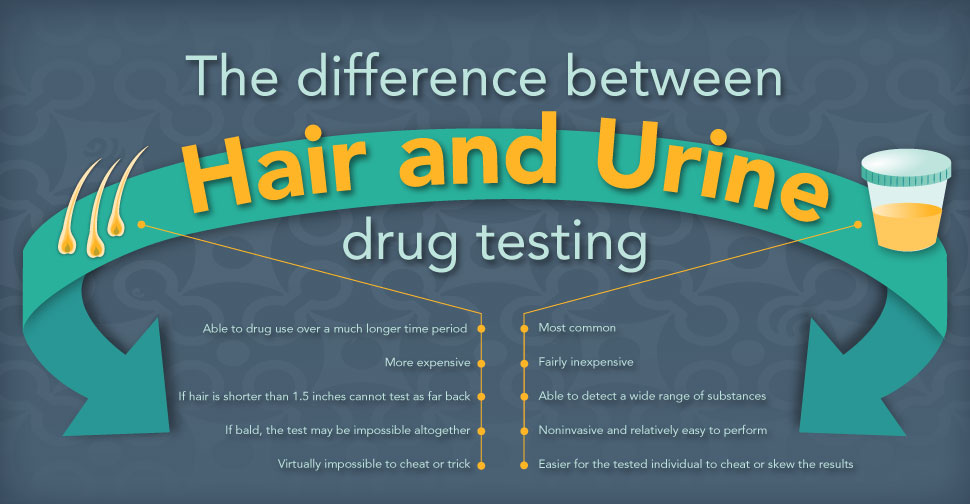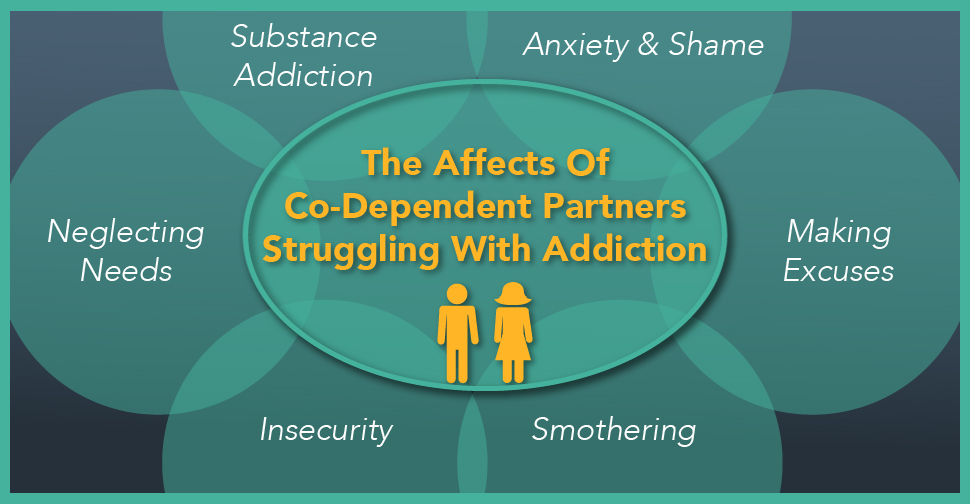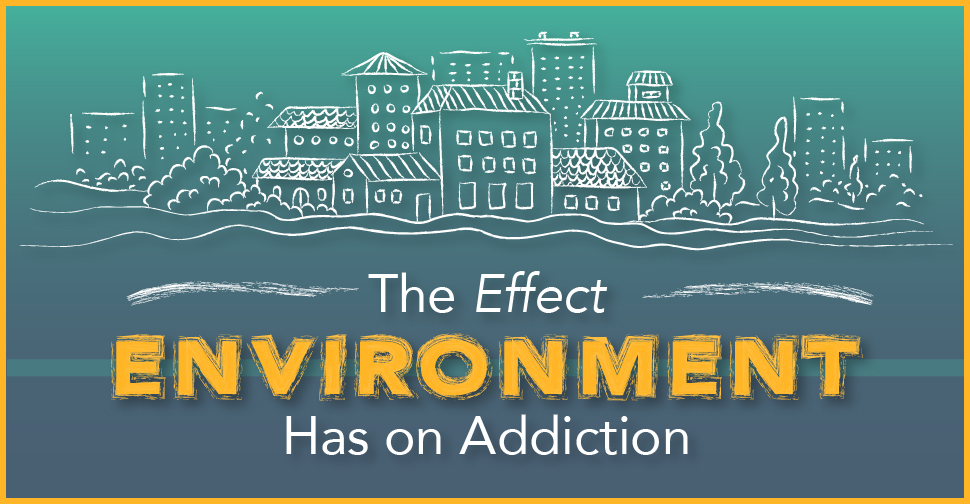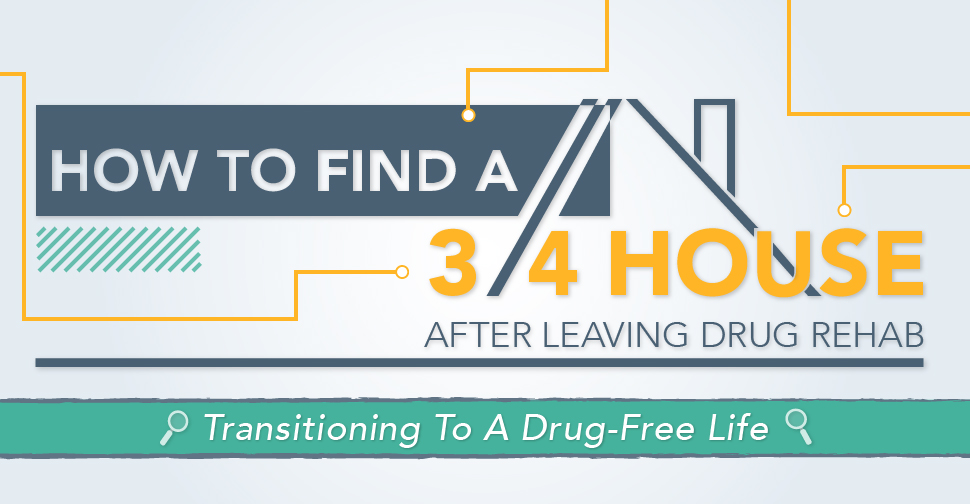
When you finish drug rehabilitation, finding a stable place to recover is vital. If you have nowhere to turn when you finish, staying at a 3/4 house may be necessary. Understanding what these homes are, how they can help you, and how to find one can help you take control of your life again.
What Is A 3/4 House?
A 3/4 house is a transitional living center that is very similar to a halfway house. Both are sober living homes designed to help you transition back into the rigors of your life. And both serve as shelters for people who have lost their home or have nowhere else to turn after finishing rehabilitation.
However, the environment of a 3/4 house is considerably less structured and rigorously controlled than a halfway home. Generally speaking, you’ll have later curfews, the ability to go out on overnight passes, and even start going to work or school.
Essentially, they create a stable and non-restrictive environment in which you can grow as a person and adapt to a drug-free life. They are a useful resource for somebody who needs a little structure in their life, but who would buckle at the strict rules of a halfway house.
Think of their name literally: 3/4 houses are for people who are just about finished with their transitional period, but whom need a guide to get them all the way through the process.
What Support Will A 3/4 House Offer Me?
People who stay at a 3/4 house are offered a wide range of benefits that will help them continuing recovery from their addiction. Typical benefits of a 3/4 house include:
- Increased structure and rules that help keep you sober
- A safe environment, including a place to sleep, fire alarms, and locked doors
- Regular drug testing to help ensure everyone in the home is sober
- Fully-trained support staff members that help keep you focused on recovery
- Mandatory requirements, such as attending 12-step meetings, part time work, or volunteer work
Although many of these benefits seem like negatives, they are designed to help you succeed. For example, drug testing often helps people fight away dangerous relapse cravings. And attending recovery meetings or reentering the workforce gives you a focus and a drive that can break through “lack-of-focus” depression you may feel.
How Strict Are 3/4 Houses?
The people who run 3/4 houses understand that their residents have finished rehabilitation and are looking to transition to a drug-free life. However, they also understand the difficulties of that process and work hard to prevent you from having a relapse. Typical rules that dictate behavior in a 3/4 house include:
- No drugs of any kind are allowed
- Fighting and gambling are banned
- Visitors of the opposite sex cannot spend time in your room without prior approval
- No sexual activity of any kind
- Smoking cigarettes must be done in designated areas at specific times
- Possession of weapons of any kind is prohibited
- Television must be off around 11 at night while all lights must be out at midnight
These rules are just a few set down in a typical 3/4 house. Some will have stricter rules, while others will be more lenient. Usually, breaking one of these rules is grounds for dismissal. But if you’re serious about your recovery, following these rules shouldn’t be a challenge.
How Can I Find A 3/4 House?
Finding a 3/4 home near you is often as simple as talking to the experts at your rehabilitation center. They are used to helping people like you find a place to live and should know the names and numbers of 3/4 homes in your area. They may even be able to help set you up to stay at one.
However, if you’re looking for a 3/4 home on your own, you should be able to find one utilizing free online transitional housing finders, or by reaching out to us at DrugRehab.org.
 Transitioning To A Drug-Free Life
Transitioning To A Drug-Free Life
If you need help finding a 3/4 house or any other kind of transitional home, please contact us today to talk to one of our helpful counselors. We can help you find the living situation you need to recover from your addiction and return to a healthy and drug-free life.

